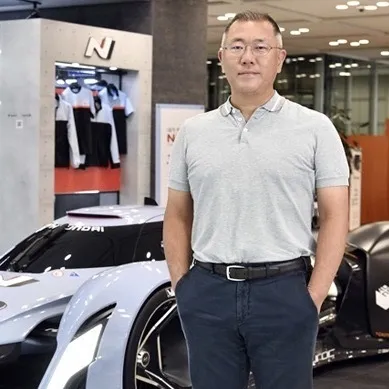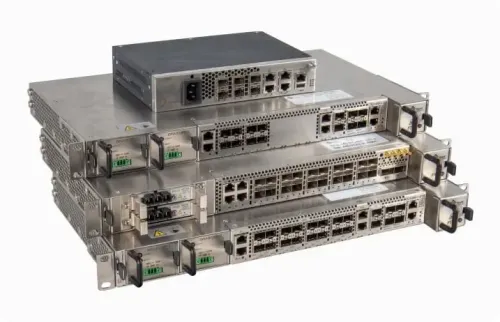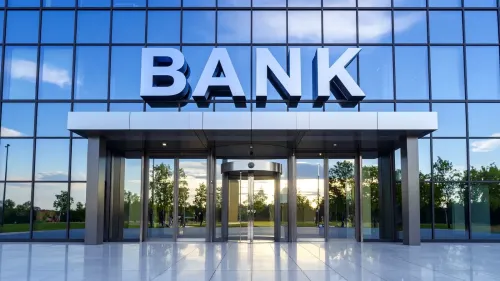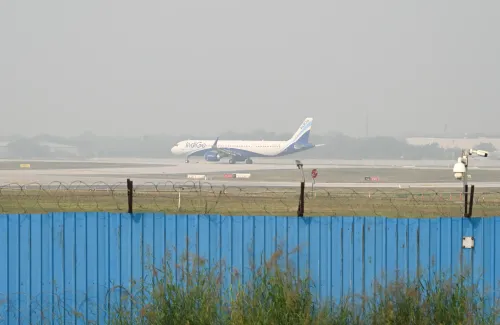Will Hyundai Chief Increase Contributions to the US Economy Amid Georgia Raid?

Synopsis
Key Takeaways
- Hyundai remains committed to investing in the U.S. economy.
- The Georgia battery plant faces a delay due to an immigration raid.
- Euisun Chung emphasizes eco-friendly vehicle development.
- 316 South Korean workers were detained and later returned home.
- Potential impacts on U.S.-South Korea relations are being closely monitored.
Seoul, Sep 12 (NationPress) The leader of Hyundai Motor Group has committed to enhancing the automaker's role in the U.S. economy, even as the inauguration of a battery facility in Georgia faces postponement due to an extraordinary immigration operation targeting workers at the location last week, as reported by media on Friday.
As per Automotive News, Euisun Chung, the executive chair of the South Korean automotive powerhouse, stated at an event organized by a U.S. publication in Detroit that the United States stands as Hyundai's most vital and largest market. He expressed the desire for Hyundai to "contribute more" through increased investments and environmentally-friendly vehicles, according to the Yonhap news agency.
Chung emphasized that Hyundai will persist in the development of electric and hydrogen-powered models in response to the rising demand for sustainable mobility in the U.S.
The executive chair expressed relief upon learning that hundreds of detained South Korean workers from the construction site in Bryan County near Savannah, Georgia, were safely returning home.
He also conveyed optimism regarding collaborative efforts between Seoul and Washington to establish a more reliable framework for future cooperation, as reported.
Jose Munoz, the chief executive officer (CEO) of Hyundai Motor Co., mentioned that the raid would push back the commencement of the Georgia battery plant— a collaborative endeavor between Hyundai and South Korea's LG Energy Solution Ltd.— by a minimum of two to three months due to labor shortages.
A total of 316 Korean workers returned home via a chartered aircraft after being released from a detention facility in Folkston, Georgia, on Thursday (local time).
U.S. officials indicated that the workers were found to be working unlawfully in the U.S., noting that the group included individuals on short-term or recreational visas that prohibit employment. Most of the Korean workers reportedly held B-1 temporary visitor visas or entered through the visa waiver program.
Industry analysts have cautioned about potential significant delays in U.S. investment initiatives by South Korean companies following this incident, which many believe could seriously undermine the South Korea-U.S. alliance.










